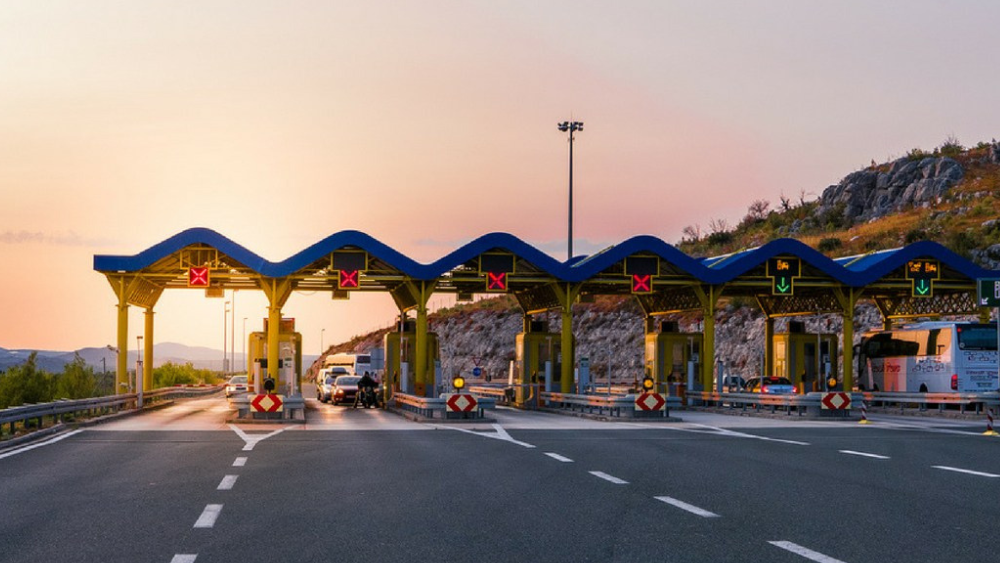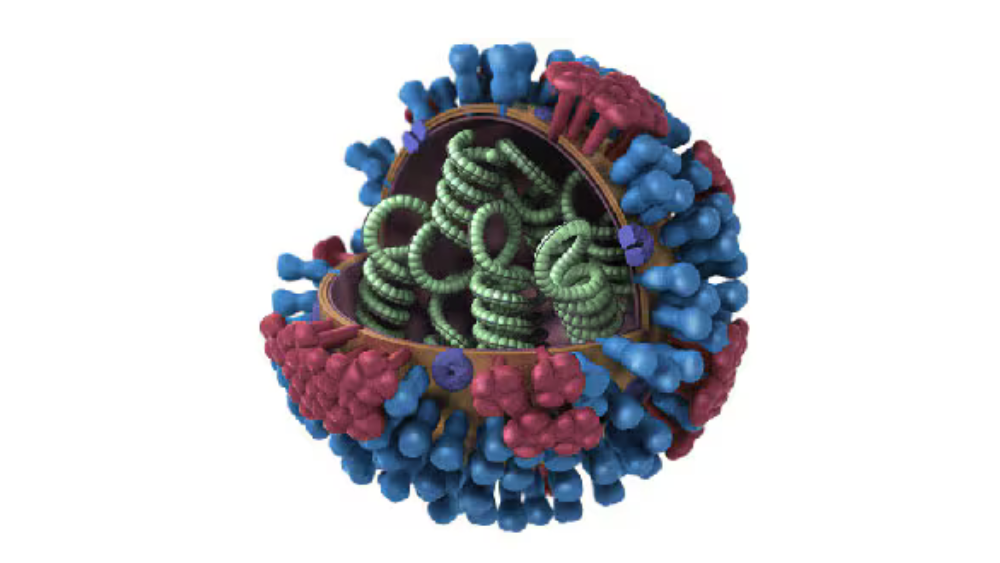
Focus areas of New Education Policy
QUESTION
Will the Minister of EDUCATION be pleased to state
(a) the key focus areas of the New Education Policy (NEP) and the National Curriculum
Framework (NCF);
(b) whether there is any timeline for implementation of NEP and the NCF, if so, the details
thereof;
(c) whether State Governments have been consulted for implementation of NEP;
(d) whether the same shall be implemented across all Government run school education
programmes/schemes; and
(e) the total financial outlay planned for implementation of NEP
ANSWER
STATEMENT REFERRED TO IN REPLY TO PART (a) TO (e) OF THE RAJYA
SABHA STARRED QUESTION NO. 20 FOR REPLY ON 24.07.2024 ASKED BY SHRI
KARTIKEYA SHARMA, HON’BLE MEMBER OF PARLIAMENT REGARDING
FOCUS AREAS OF NEW EDUCATION POLICY
(a) The National Education Policy (NEP) 2020 was announced on 29th July, 2020. It is the
first education policy of the 21st century and founded on the five guiding pillars of Access,
Equity, Quality, Affordability and Accountability. NEP 2020 envisions a massive transformation
in school education through– “an education system rooted in Indian ethos that contributes
directly to transforming India, that is Bharat, sustainably into an equitable and vibrant knowledge
society, by providing high quality education to all, thereby making India a global knowledge
superpower.”
The key focus areas of NEP 2020 in the context of School Education are as follows:
i. Ensuring Universal Access at All Levels of schooling from pre-primary school to Grade
12;
ii. Ensuring quality early childhood care and education for all children between 3-6 years;
iii. New Curricular and Pedagogical Structure (5+3+3+4);
iv. No hard separations between arts and sciences, between curricular and extra-curricular
activities, between vocational and academic streams;
v. Establishing National Mission on Foundational Literacy and Numeracy;
vi. Emphasis on promoting multilingualism and Indian languages; The medium of
instruction until at least Grade 5, but preferably till Grade 8 and beyond, will be the home
language/mother tongue/local language/regional language;
vii. Setting up of a new National Assessment Centre, PARAKH (Performance Assessment,
Review, and Analysis of Knowledge for Holistic Development);
viii. Equitable and inclusive education – Special emphasis given on Socially and Economically
Disadvantaged Groups (SEDGs);
ix. Robust and transparent processes for recruitment of teachers and merit-based
performance;
x. Integration of Skill Education programs into mainstream education;
xi. Ensuring availability of all resources through school complexes and clusters;
xii. Setting up of State School Standards Authority (SSSA).
As a follow up of NEP 2020 and to provide the roadmap for the implementation of
the vision of NEP 2020, National Curriculum Framework for the Foundational Stage (NCF-FS)
and National Curriculum Framework for School Education (NCF-SE) have been developed. The
overarching objectives of the NCFs is to help in positively transform the school education.
Few important focus areas of NCFs are: –
i. The NCF-SE 2023 addresses the age group 3 to 18 years across the four Stages in the
5+3+3+4 Curricular and Pedagogical restructuring of School Education as envisioned in
NEP 2020.
ii. While emphasising on holistic development through Early Childhood Care and Education,
NCF-FS provides roadmap to strengthen foundational literacy and numeracy skills.
iii. It emphasises upon education in mother tongue and promotes multilingual education.
iv. It is integrative and holistic with equal status to all subjects and learning domains from
Mathematics to Sports.
v. It integrates Skill Education in all stages; also, there is integration across subjects in all
classes.
vi. Equal emphasis on Arts and Physical Education and Health & Well-being right from the
Foundational Stage with adequate time allocation for these subject areas from Grade 3
onwards.
vii. It speaks directly to Teachers, practitioners, and syllabus and content developers through
illustrations and examples from the field.
(b) Implementation of NEP 2020 is a continuous process and its implementation requires
multiple initiatives and actions, which are taken by concerned bodies/ stakeholders in a
synchronized and systematic manner. In pursuance of the goals and objectives of the NEP 2020
and to assist States, UTs and other organisations, the Department of School Education &
Literacy has developed an indicative and suggestive NEP Implementation Plan for School
Education, ‘Students’ and ‘Teachers’ Holistic Advancement through Quality Education
(SARTHAQ)’ and is available on the links mentioned below:
https://dsel.education.gov.in/sites/default/files/SARTHAQ_Part-1_updated.pdf
https://dsel.education.gov.in/sites/default/files/SARTHAQ_Part-2_updated.pdf
The major achievements of NEP 2020 include:
• National Initiative for Proficiency in Reading with Understanding and Numeracy (NIPUN
BHARAT) launched on 5th July 2021.
• 4-year integrated Teacher Education Programme (ITEP) has been notified by NCTE
vide gazette notification dated 22.10.2021. For academic session 2024-25, 23 institutions
have been recognized by NCTE for Phase 2 Piloting of ITEP.
• National Curriculum Framework for Foundational Stage (NCF FS) launched on 20th
October, 2022.
• Based on NCF, Learning Teaching Material (Jadui Pitara) and Textbooks for classes I
and II launched on 20th February, 2023 and 5th July, 2023 respectively. Digital version of
the Jadui Pitara also launched on 10th February, 2024.
• National Curriculum Framework for School Education (NCF-SE) released on 23rd
August 2023. Textbooks for classes 3 and 6 for the academic year 2024-25 as per NCF-SE
(2023) have been released.
• PARAKH (Performance Assessment, Review, and Analysis of Knowledge for Holistic
Development) has been set up on 8th February, 2023, to fulfil the objectives of setting
norms, standards, guidelines and implement activities related to student assessment.
• For Competency Based Assessment for Holistic Development, the Holistic Progress
Card (HPC) for the Preparatory, Foundational, Middle and Secondary stage have been
prepared and shared with all states and UTs.
• National Professional Standards for Teachers (NPST) document that outlines the
competencies that teachers should possess to effectively perform their roles released on 9th
March 2024.
• National Mission for Mentoring (NMM)- ‘Bluebook on NMM’ released on 9th
March 2024- talks about the creation of a large pool of outstanding professionals willing
to provide mentoring to school teachers.
• Under PM e-VIDYA, DIKSHA is the one nation, one digital education infrastructure.
All states/UTs have been onboarded in DIKSHA. This infrastructure is also being utilized
for creating Energized Textbooks (ETBs) and presently 422 ETBs of the NCERT and
6025 ETBs of States and UTs are published on DIKSHA. There are a total of 3,53,566
total e-contents available on DIKSHA and eContent is available in 84 Languages (77
Indian languages +7 Foreign Languages).
• Samagra Shiksha, an overarching programme extending from pre-school to class 12 aims
for improving school effectiveness measured in terms of equal opportunities for schooling
and equitable learning outcomes. The scheme is in accordance with Sustainable
Development Goal for Education (SDG-4) and has been fully aligned with the
recommendation of the National Education Policy 2020.
• DIET- Centre of Excellence: The NEP 2020 recognises the reinvigoration of DIETs to
change the capacity and work culture of these institutions and develop them into vibrant
institutions of excellence. Financial assistance under Samagra Shiksha is being provided to
States/UTs for physical upgradation of all 613 functional DIETs in the country in a phased
manner in the next five years. In the FY 2023-24, 125 DIETS across 33 States/UTs with
an approximate budget of Rs. 92,320.18 Lakhs have been approved.
• Pradhan Mantri Poshan Shakti Nirman (PM POSHAN) Scheme has been revamped and
extended to cover students of Balvatika in addition to students of Classes I-VIII in
Government and Government-Aided Schools. It encourages setting up of School Nutrition
Gardens (SNG) and strengthening of community participation through ‘Tithi Bhojan’.
• PM SHRI (PM Schools for Rising India) scheme launched on 07th Sep 2022. A central
share of 1216.70 crore has been released to 6207 PM SHRI schools in 27 States/UTs along
with KVS/NVS in the financial year 2023-24. The first and second phase of selection of
PM SHRI Schools has been completed and a total of 10,080 schools have been selected
from 31 States/UTs/KVS/NVS. The third phase of selection of PM SHRI Schools has
commenced from 15.04.2024.
• Nav Bharat Saksharta Karyakram or ULLAS (Understanding of Lifelong Learning
for All in Society) provides life-long learning opportunities to all non-literates in the age
group of above15 years. 1,49,93,987 learners and 37,02,943 volunteer teachers have
registered on the Mobile App launched on 30.7.2023.
(c) to (e) During the formulation of NEP 2020, a large number of consultations were held
with different stakeholders including State/UT Governments. Before finalizing the policy, a
highly participative, inclusive and multi-pronged consultation process, through online, grassroots
and thematic expert consultations, involving State Governments was carried out.
After announcement of NEP 2020, a series of workshops have been held with Union
Ministries / Departments, States/UTs, implementing agencies, other stakeholders, etc. to discuss
innovative ideas for NEP implementation. Accordingly, Ministry of Education, State & UT
Governments, education-related Ministries, the regulatory and implementing agencies/
stakeholders have started taking initiatives for implementation of NEP 2020.
Department of School Education and Literacy (DoSEL) organised national/regional
workshops – A one-day National workshop and 2 regional workshops were organised with all
States and UTs to deliberate on above themes and get their suggestions. The participants included
State Secretaries, State Programme Directors of Samagra Shiksha, Director SCERT, and many
other State level educational administrators.
The Department held five physical workshops with all states/UTSs on Foundational
Learning – The participants were drawn from district, block and school level, including Teachers,
DIETS, etc. All five themes were discussed in these workshops to obtain suggestions.
The Department constituted 5 thematic groups headed by senior School Education
Secretaries – After incorporating the suggestions given by the states and UTs, 5 thematic groups
comprising of 7-8 states/UTs each were constituted by DoSEL. Each of these groups was chaired
by an ACS (Education) of State. These groups included Education Secretaries, State Project
Directors, Director SCERTs of various states/UTs, outside Experts and DM/DC of 2-3 districts.
Moreover, a teacher’s fest, ‘Shikshak Parv’ was especially organized from 8th to 25th
September 2020 for discussing various recommendations of NEP 2020 and its implementation
strategies, which attracted around 15 lakh suggestions.
In addition, the States/UTs are also undertaking different activities like training of
teachers, development of toy-based Learning- Teaching Material (LTM) as per their local
context and requirements, etc.
Department of School Education and Literacy has completely aligned the existing
scheme i.e, Samagra Shiksha, with the recommendation of NEP 2020 and budgetary allocations
to the States/UTs are made under this scheme to incorporate the recommendations of NEP 2020.
In addition, a centrally sponsored scheme, PM SHRI has been conceived and is being
implemented to develop 14,500 exemplar schools which would act as a template for schools.
However, implementation of NEP is not confined to School Education but it envisions a broader
horizon extending to Skill Education and Higher Education.




